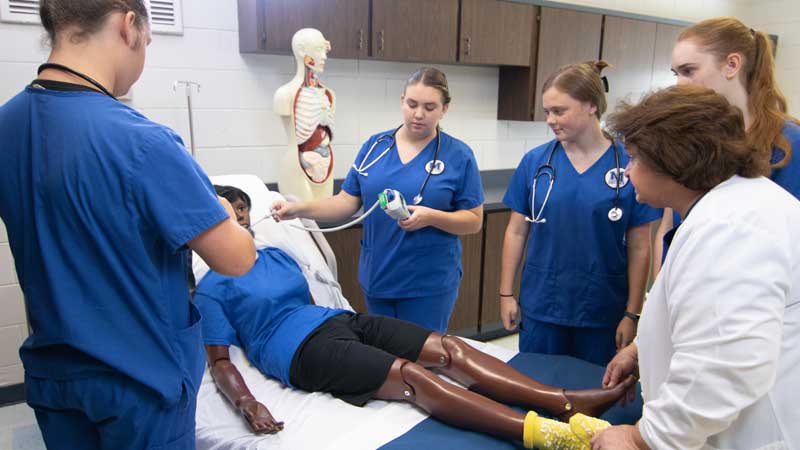
Health News
Features
-
Pop Quiz: Test Your Knowledge on Improving Your Eye Care
They say the eyes are the windows into the soul, and they are also the sense we rely upon the most. Ensuring your eyes stay in tip-top shape includes getting regular eye care. Test your knowledge of the ins and outs of better eye care by taking our quiz, and learn how to make sure…
-
Local Medical Academies Preparing Students for Health Careers
by CHERYL ROGERS Eighteen public schools in Polk County train students for future careers in healthcare through medical or health science programs. Here’s a look at how some of them have fared. Katya Viegas and Janet Hernandez are heading to medical school. Jesus Jimenez, or J.J., is glad he found an incentive to finish high…
-
Pop Quiz: Facts and Stats about Immunizations
by ERIKA ALDRICH August is National Immunization Awareness Month, and it’s a good time to explore the topic of immunizations around the globe. The efforts to immunize people against debilitating and life-threatening diseases is a global initiative that we are all a part of. Test your knowledge of facts and statistics about immunizations by taking…
Columns
-
Kybella Injections Target Fat in Chin, Neck
If you’re self-conscious about the appearance of your chin and neck area, Kybella might be for you. Kybella is the commercial name for deoxycholic acid, a product that kills fat cells. This acid actually already exists in our bodies, just in the digestive system. It breaks down fats so they’re more easily digested. It can…
-
What is Bell’s Palsy?
By: Edward Attaway, O.D. Bell’s Palsy is a condition in which one side of the face typically experiences temporary paralysis, often lasting from 3-6 months. It results from a dysfunction of the 7th cranial nerve, also referred to as the facial nerve, which controls the muscles on the side of your face. Affected muscles include…
-
When Do You Visit the Doctor for Hives?
Hives are itchy patches of skin that turn into swollen, itchy welts. They can vary in size. Chronic hives are defined as hives that last for more than six weeks and return over the course of months or years. The cause of chronic hives is often unknown. These welts are caused by some reaction that…




